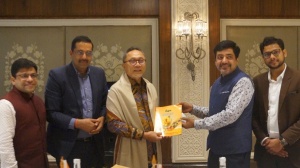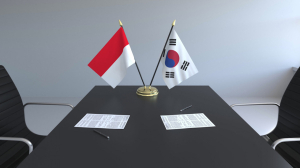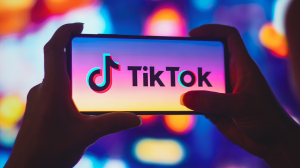GAPKI sees European market as less strategic for Indonesian palm oil
The Indonesian Palm Oil Association (GAPKI) has deemed the European Union to be no longer a strategic market for Indonesian palm oil products, as exports to Europe have significantly declined, citing the export volume of CPO and its derivatives to Europe now accounts for only 12 percent of the total export volume.
GAPKI's data shows that the contribution of CPO and its derivatives exports to the European Union was only 8.12 percent, or 275,000 tons, as of June 2024. This figure is a decrease of 12.97 percent compared to the 316,000 tons recorded in May 2024.
"The export volume contribution to the European Union used to be 20 percent, but now it's only about 12 percent per year. So, we see the European market as no longer strategic," Edi Suhardi, Head of Positive Campaigns for GAPKI, told the CNBC Indonesia: Trade Corner Special Dialogue on Thursday, August 29, 2024.
Edi believes that the decline in demand for CPO exports from the European Union will be exacerbated by the European Union's Deforestation Regulation (EUDR).
This regulation, set to be implemented in January 2025, will apply to seven commodities: CPO, beef, soybeans, coffee, cocoa, wood, and rubber.
In short, EUDR requires these seven commodities to be produced in an environmentally sustainable manner.
However, Edi noted that the European Union has yet to release technical guidelines or maps to be used in the implementation of EUDR.
As a result, Edi projects that the implementation of EUDR will exclude small palm oil farmers from the export market.
The majority of small palm oil farmers do not have official land ownership documents or adhere to forest area limits.
Edi also encouraged the government to promote local CPO in non-traditional markets, such as countries in Africa, the Middle East, and South Asia. He suggested that the government build new awareness for exporters to focus on targeting non-traditional markets.
"Even though the European market is no longer economically significant, local exporters still consider Europe because it has high standards, but in reality, they are pushing unreasonable regulations," he said.
Trade Minister Zulkifli Hasan said that EUDR will not affect the performance of the national palm oil industry. The government plans to increase domestic CPO consumption through its biodiesel program.
The government has currently implemented a program that mixes 35 percent CPO with diesel, known as B35. This mixture will be increased to B40 starting January 1, 2025.
Zulkifli Hasan cited that the next government will further raise this blend to B60. In addition, the government is also experimenting with mixing CPO with aviation fuel, or avtur.
So far, the government has successfully mixed 2.4 percent CPO with avtur through the Bioavtur J.24 program. This figure is projected to be increased up to 50 percent.
"If the Bioavtur program can be implemented, the government's CPO uptake could increase by 3 million tons. In fact, the domestic market will need a lot of CPO," Zulkifli said.
Tag
Already have an account? Sign In
-
Start reading
Freemium
-
Monthly Subscription
30% OFF$26.03
$37.19/MonthCancel anytime
This offer is open to all new subscribers!
Subscribe now -
Yearly Subscription
33% OFF$228.13
$340.5/YearCancel anytime
This offer is open to all new subscribers!
Subscribe now






